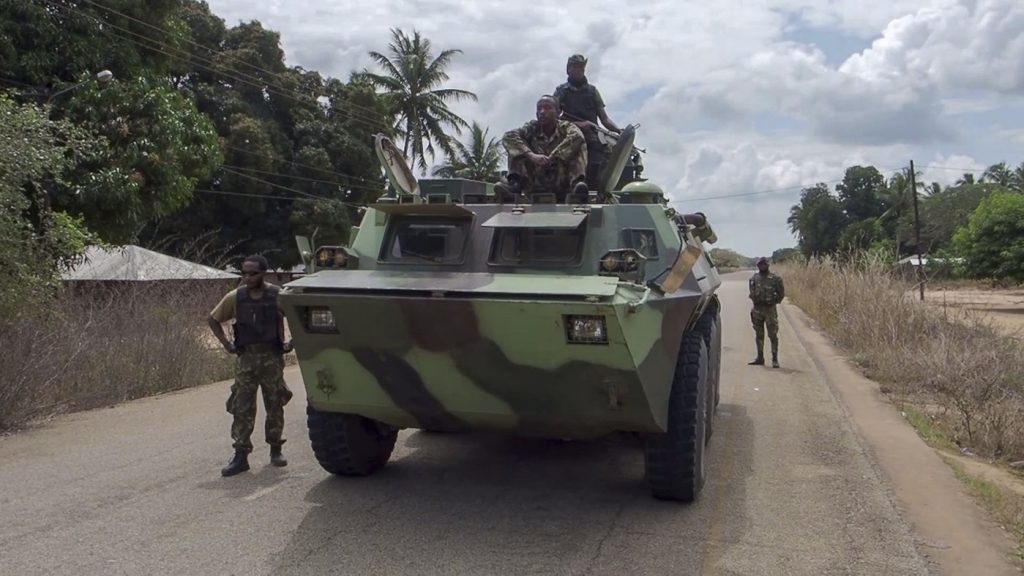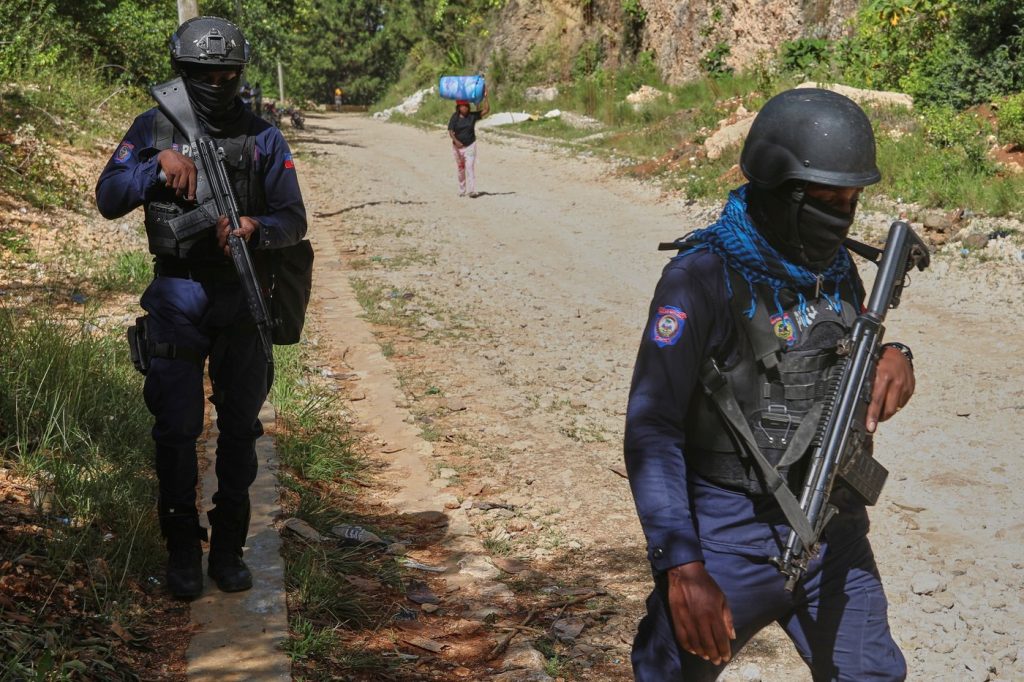CAPE TOWN, South Africa (AP) – The recent surge in attacks by insurgents in Mozambique's northern Cabo Delgado province has led to the displacement of over 46,000 individuals within just eight days, according to a report released by the United Nations migration agency on Monday. The incidents occurred between July 20 and July 28 and affected three districts in the region.
Of the approximately 46,000 people displaced, nearly 60% are children, reflecting the heavy toll that the ongoing violence has taken on the younger population. Fortunately, there have been no reported deaths linked to the recent attacks, but the humanitarian crisis continues to deepen in the area.
The International Organization for Migration (IOM) highlighted that this wave of violence is part of a broader problem that has plagued Mozambique for over eight years. The southern African nation has been grappling with an insurgency led by Islamic State-affiliated militants, which has led to widespread unrest and instability in the region. In an effort to combat the insurgency, Rwandan troops have been deployed to assist Mozambique's armed forces.
The insurgents have been accused of heinous acts, including beheading villagers and kidnapping children for forced labor and recruitment as child soldiers. The situation has escalated to such a degree that the United Nations estimates over 1 million people have been displaced in northern Mozambique due to this violence, in addition to other contributing factors like drought and various cyclones in recent years.
In response to the critical situation, Doctors Without Borders has initiated an emergency intervention aimed at assisting thousands of recently displaced individuals. Many of these families are currently seeking refuge in camps located in Chiure, a district that witnessed some of the most severe attacks during this latest wave of violence.
The Cabo Delgado province is notable for its rich offshore natural gas reserves, making the ongoing insurgency particularly disruptive. In 2021, the violence prompted French company TotalEnergies to suspend a substantial $20 billion extraction project, highlighting the significant economic implications of the unrest.
This precarious situation continues to evolve as the humanitarian crisis deepens, and the international community watches closely. The urgent need for assistance and a resolution to the conflict remains paramount for the safety and stability of the region.












